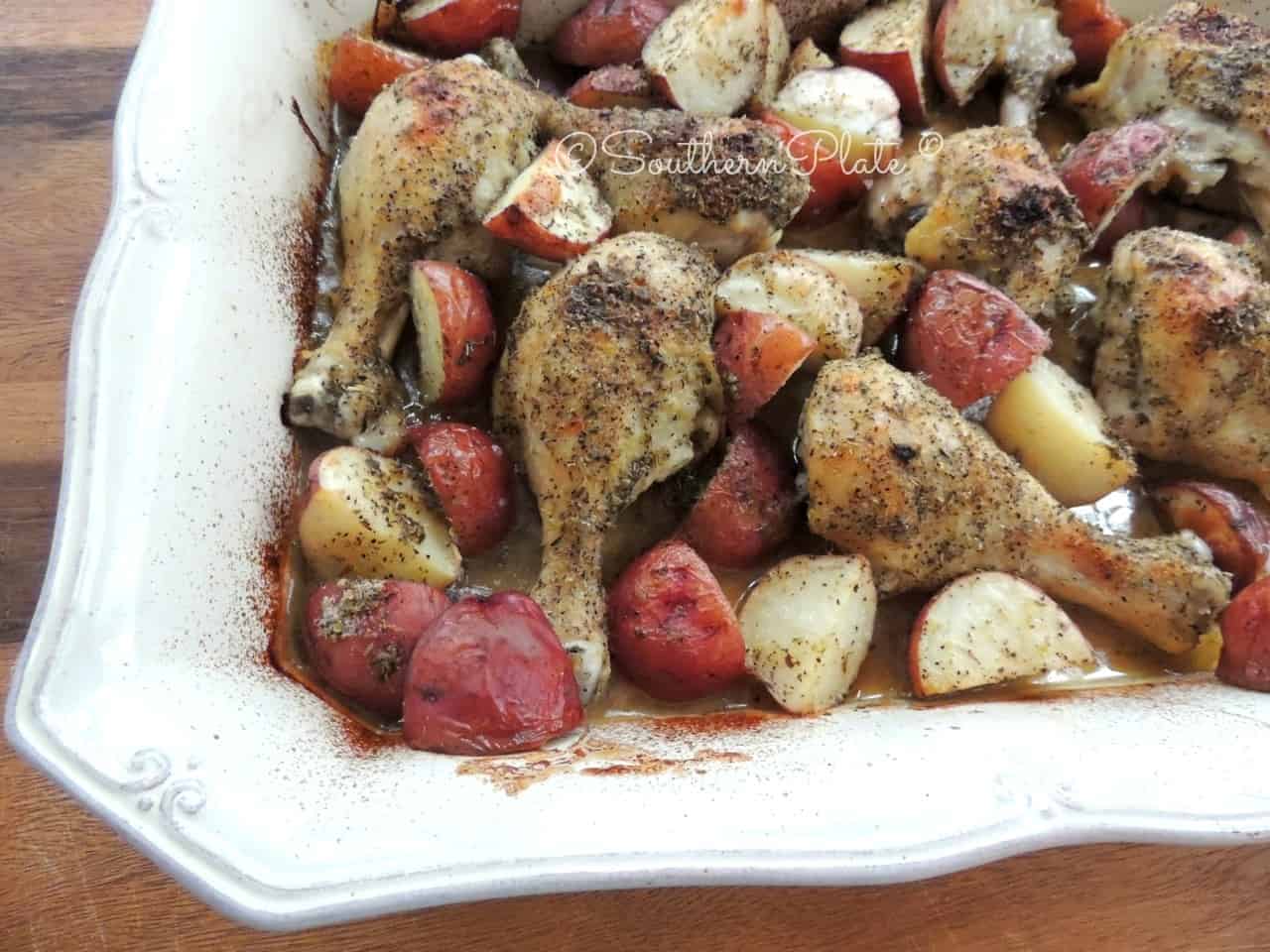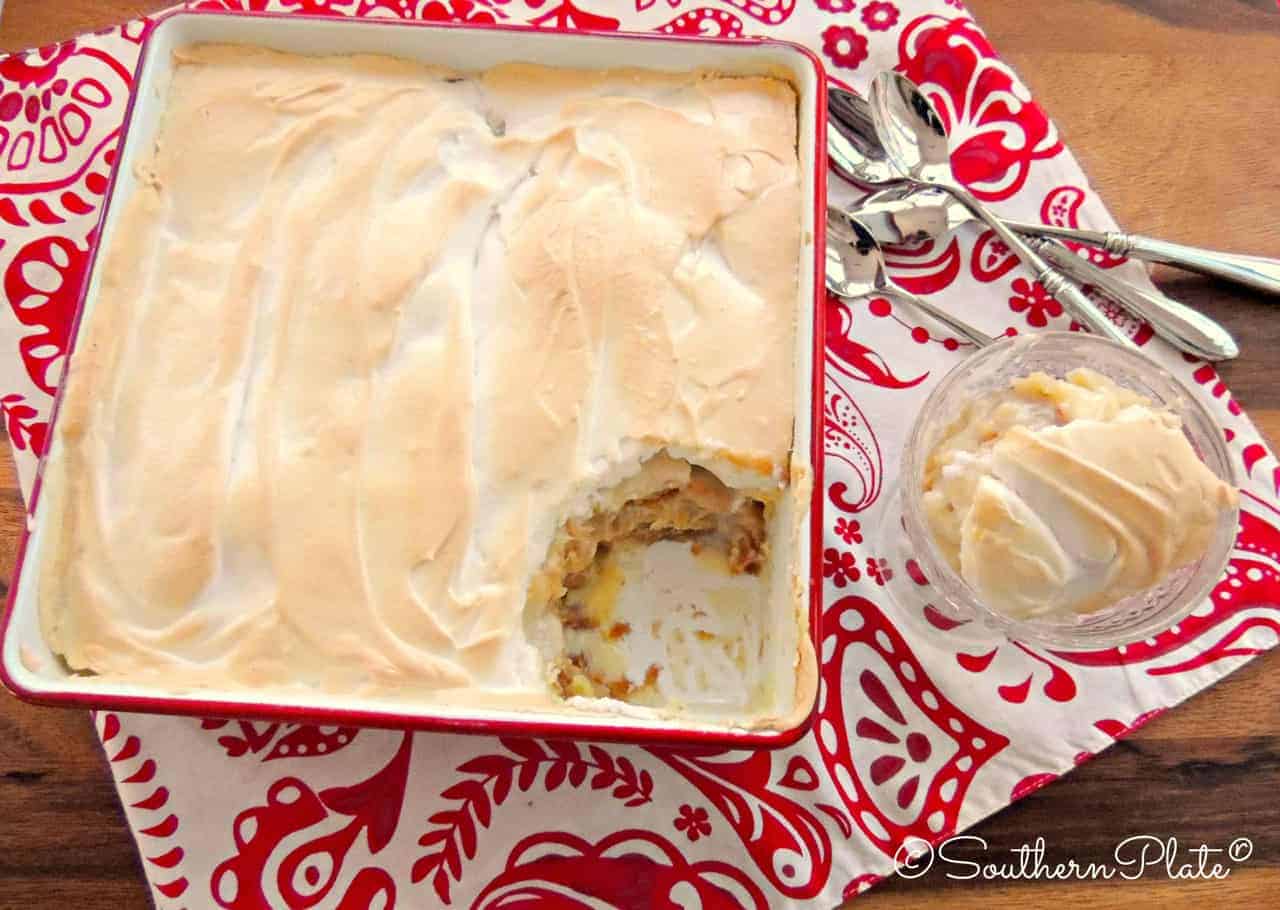Heritage Notes – Gomin’, Warsh, and Subtitles
As an Amazon Associate I earn from qualifying purchases.
Today I’m proud to bring you Mama’s third installment of Heritage Hints and Notes. I know you’ll enjoy it as much as I did. We’d love to hear from you in the comments below and be sure to check out her other Heritage posts by clicking here. Gratefully, Christy

A while back, I happened upon a documentary on Appalachian people. I try not to call Christy when these are on because more often than not they subtitle folks as they talk and nothing gets her riled faster than seeing Southerners subtitled…
This particular documentary really stood out to me, though, because I recognized a lot of phrases used by my grandparents, phrases that I’m often corrected on nowadays because folks simply don’t understand them. As it turns out, the words make perfect sense (and always have), it’s just that they were somewhat foreig – what things were called in England and Scotland years earlier and passed down generation by generation.
A prime example is a phrase I’ve heard all of my life. My grandmother (Lela) always complained that we kids were “A messin’ and a gomin’ ”. I always wondered what “goming” was. A man on the documentary explained that goming was making a real mess or being messy. Brings to mind how we were always in the kitchen fixing us a snack and leaving a mess behind-“goming”.
My grandmother “toted stuff in a paper poke”. Translated that means carrying things in a paper sack. Times were hard and my grandmother carefully folded her used paper pokes to be reused whenever she got any. They were reused until they were soft and floppy. Unknowingly she was practicing saving the earth. Country folk recycled long before it was popular. Every now and then I toss a plastic throwaway container in the trash and I can’t help but pause to think of how my grandmother would have loved and cherished something as simple as a plastic container.
Country people rose with the dawn, worked the fields all day, raised all their own food, and preserved it to feed their families through the winter. They made every piece of clothing their family had and even recycled outgrown clothing into clothes for younger children or quilts to provide warmth on long winter nights. Nothing was wasted. Every scrap, thread, and piece of string was valued and saved.
I am often corrected for saying “warsh” instead of wash. Christy tells me that her kids have told her she is supposed to pronounce her father’s title “Da-dee” instead of “Deh-dee”. We aren’t supposed to say ain’t, pokes, “coo-pun” instead of q-pon and the likes. Often, I am torn between using what I know as proper grammar and holding on to the speech and values of my beloved ancestors. It feels as if I am turning my back on them if I change my ways. On the other hand, if I don’t I am perceived as backwards or uneducated. Many a Southerner (or folks from any region with a specific dialect for that matter) struggle with these same feelings.
From my ancestors, I have learned values, how to work hard, and integrity that no school could ever teach. Just like Northerners speak differently, so do I and I will continue to do so. I am proud to be from great loving hardworking stock. I can never turn my back on my heritage but I will try to tone down the “ain’t” at school assemblies for my grandkids as long as they’ll sit and listen to my stories of the people they come from – I figure that is a fair trade off. It is my hope to pass on the integrity with which my ancestors lived every day. I may sound more like them than future generations will, but I only hope I can be half the person that they were.
When asking my Mother what should I do in a sticky situation, she would answer…
“In your heart of hearts you already know the answer. You just have to listen to your heart.”
~Advice from Dawn Tierney’s mother that Dawn submitted on our Give a Penny Page.







We moved from Mississippi to Pennsylvania when I started school — I got sent to the principal for saying “Yes, Ma’am” to my teacher. Mother had to come up to the school and explain that one!
I can remember my mom telling me when she was teaching me to sew, that I had gommed up a seam and had to rip it out.
Can also remember a creek being referred to as a crick.
When a girl likes a boy and goes after him, she has “set her cap” for him.
Getting a pig in a poke–something worthless.
I’m from WV, but my mom’s family is from southern Kentucky, and I can remember hearing the Kentucky relatives talking about “youens” and shortening the “I’s” in words with the long I sound.
The Kentucky relatives were musical, and it was nothin to have a “whole slew of’em a settin on the front porch pickin and a sangin on a Sundy aftanoon” while the women were “fixin supper.”
I was really too young at the time to appreciate it, but I do cherish the memory of those visits now!
Did anybody else grow up hearing “I’ve got thread grandma!” meaning you have a lot of it?
Y’all watch out now so you don’t “tump” over your sweet tea while smiling at all these southern sayings!
I’m loving this story. I think I probably saw the same program on Appalachia, and I felt quite at home with it. The southern accent is dying – even my own children speak a different brand of southern than I do, possibly because they have a “yankee” daddy. And my grandchildren’s accent is even less southern.
Thanks so much for this!
Angie
Loved your story. You Mom is so sweet to share all of this with us. It is amazing how thing have changed over the years. My grandparents used word like that and they were wonderful people, hard working. One of my grandmother had 7 boys and 1 daughter and she would cook for them when they were working in the field and would ring a bell to let them know when she had food ready. She cook the most wonderful food when we would visit. Thank you for your wonderful work and recipes.
Talking about “hissy fits”…they say a “tropical hissy” is the worst kind. At least that my old auntie used to say.